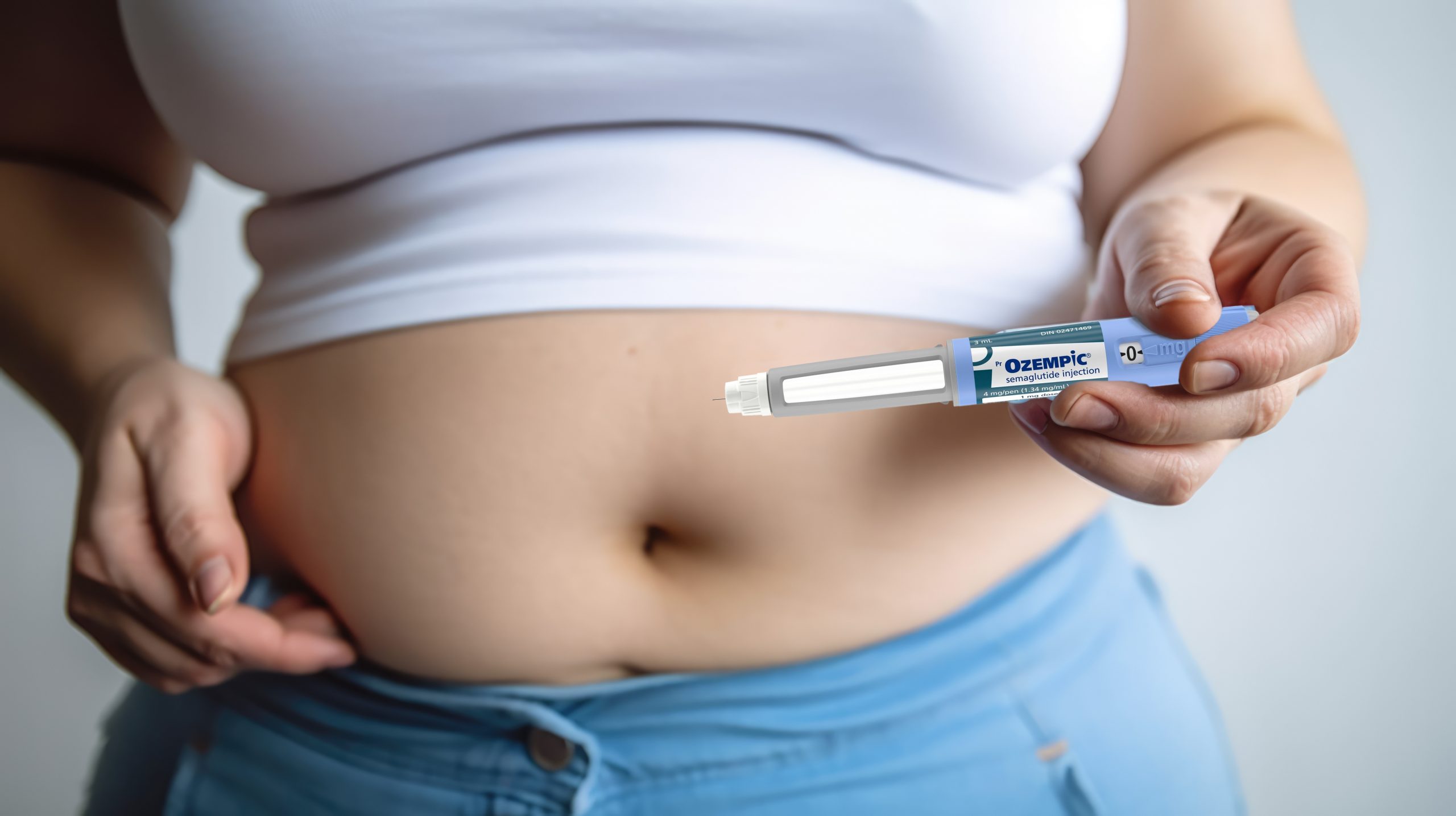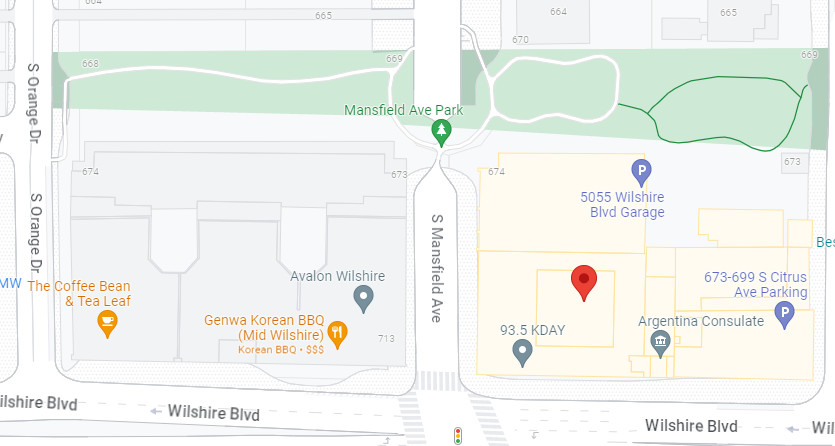Compounded and Counterfeit Semaglutide Can Pose Significant Health Risks

Even if the box says Ozempic, Wegovy or Semaglutide, you might not be getting the real thing.
Ozempic, Wegovy and Rybelsus—three products containing semaglutide, the so-called wonder drug used to treat diabetes and obesity—have quickly become household names. Their overwhelming popularity has led to a worldwide shortage. Ozempic and Rybelsus are currently FDA approved only for diabetes treatment; Wegovy is approved for obesity treatment. Given their cost and limited availability, compounded and counterfeit versions of the drugs have begun flooding the country, leading the FDA to sound the alarm about the dangers of using fraudulent forms of these products.
How Can I Spot the Real from the Fake?
Providers of the drug, including many legitimate pharmacies, are having great difficulty obtaining these products and are finding that they are at risk of acquiring counterfeit semaglutide. It is also possible for counterfeit versions to make their way online, to weight loss clinics and medical spas.
Counterfeit semaglutide cannot be relied upon to contain the real product and may contain contaminants as well as insulin, which can lead to dangerous side effects such as seizures and hypoglycemia. To protect yourself and loved ones from counterfeit semaglutide, look for the key differences in the chart below.
How to Distinguish the Real from the Fakes |
|
|---|---|
| THE REAL | THE FAKES |
Real Ozempic pens:
Real Wegovy pens:
|
|
Sources: GoodRx Health and WebMD
Compounded Semaglutide is Not Semaglutide
Counterfeit versions of semaglutide are not the only fakes that pose a risk to consumers. Compounded versions of semaglutide are potentially dangerous too.
The FDA defines drug compounding as “the process of combining, mixing, or altering ingredients to create a medication tailored to the needs of an individual patient. Compounding includes the combining of two or more drugs. Compounded drugs are not FDA-approved.” When a drug is in shortage, as is the case with Ozempic and Wegovy, compounding is allowed. Still, compounded versions of semaglutide are unlikely to contain actual semaglutide. Novo Nordisk, the company that manufactures Ozempic and Wegovy, is the sole owner of the patented semaglutide molecule and says it has not made semaglutide available to any outside entities.
According to the FDA, some compounding pharmacies claiming to sell semaglutide might be selling modified salt versions of the drug, like semaglutide sodium and semaglutide acetate, neither of which has been approved for human consumption. Four states—Louisiana, Mississippi, North Carolina and West Virginia—have even banned compounding pharmacies from compounding semaglutide using these alternative formulations, including the sodium and acetate versions.
Compounded versions of semaglutide can be distinguished by their labels, which will read simply “Semaglutide” or state they have been compounded or created at a compounding pharmacy.
Drugs like semaglutide mimic the hormone GLP-1 that is recognized by receptors in your brain to control your appetite. According to the President of the Obesity Medicine Association, Angela Fitch, MD, there is additional risk to compounded and counterfeit versions of the medicine because semaglutide contains a chain of amino acids that crosses the blood-brain barrier.
These factors contributed to the FDA’s recent consumer warning about the dangers of compounded semaglutide drugs, which was issued after the agency received multiple reports of adverse events when people took semaglutide that came from a compounding pharmacy. Case reports showed unintentional overdoses, visits to the hospital and increased calls to poison control center hotlines related to the drug.
The risk of taking these drugs can be even higher when receiving semaglutide from medical spas or online pharmacies, that often forego the close medical supervision necessary when taking such a powerful drug.
Without regular exams from a licensed doctor, patients may not be following the proper schedule of graduated dosing usually called for with the drug to minimize gastrointestinal adverse reactions. Without medical supervision, patients also miss the opportunity to address dosage intolerance and side effects.
Protecting Yourself from Counterfeit Semaglutide
For some seeking weight loss, the benefits of taking compounded or even counterfeit semaglutide seem to outweigh the financial and potential health costs. However, it is important to be vigilant if you decide to take semaglutide that a medical doctor did not prescribe. The resources below provide important information for anyone considering or currently taking semaglutide or compounded semaglutide.
Additional Resources
- Confirm that your online pharmacy is legal. National Association of Boards of Pharmacy website: https://safe.pharmacy
- Report side effects that could be related to a counterfeit product. National Poison Control Hotline: 1-800-222-1222 or https:///www.poison.org.


